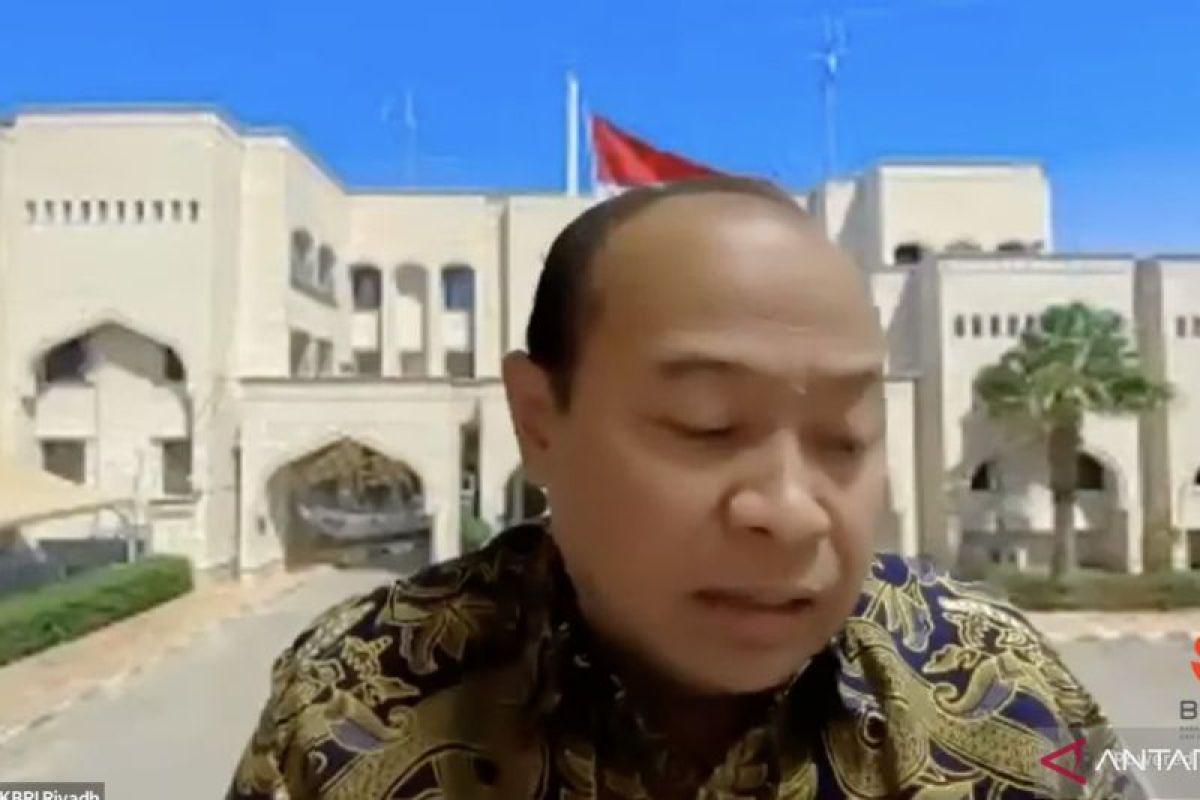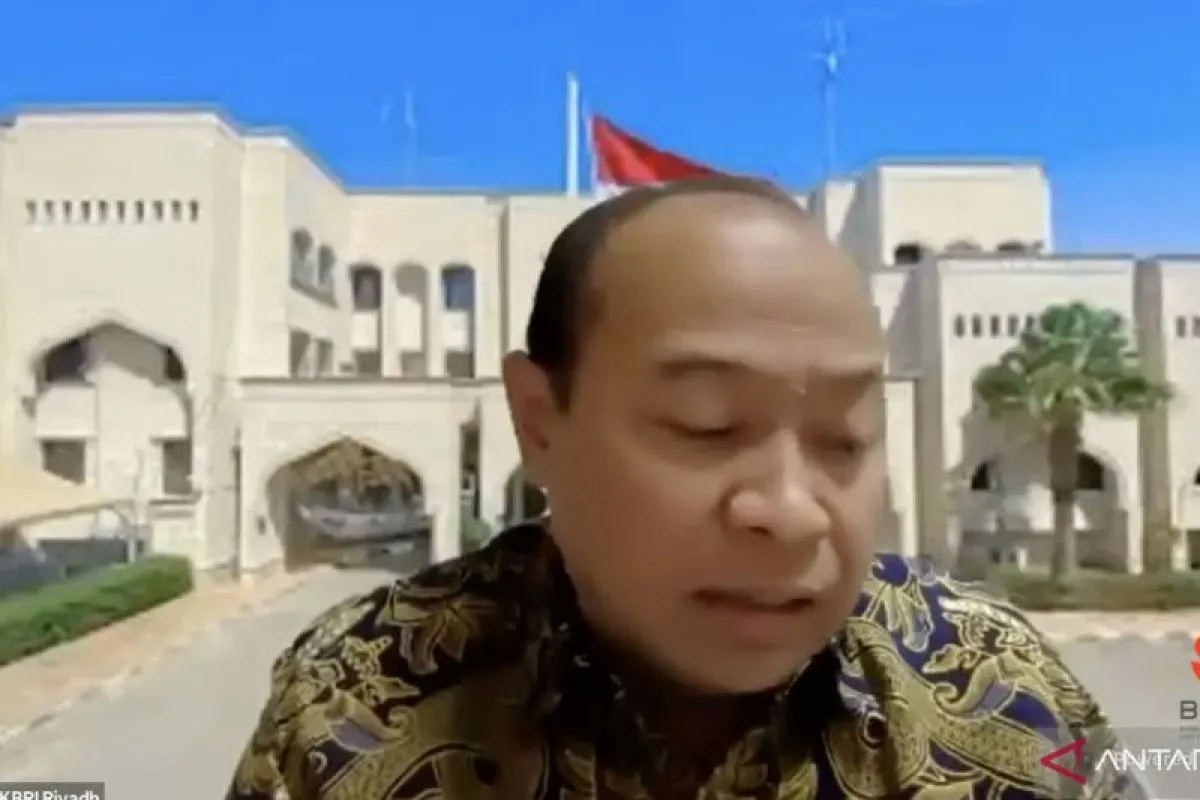Jakarta (ANTARA) - Indonesian migrant workers have a great opportunity to fill several formal sector vacancies, including in the health sector in Saudi Arabia, the labor attaché with the Indonesian Embassy in Riyadh, Suseno Hadi, has said.
During a discussion held by the National Research and Innovation Agency (BRIN) on Tuesday, Hadi informed that the Kingdom of Saudi Arabia needs many migrant workers for jobs in several sectors, including nursing.
"The health sector is very sustainable with the G-to-G MoU (government-to-government memorandum of understanding), which has been signed. However, the MoU has obstacles domestically and needs to be resolved immediately for a better G-to-G placement," he added.
According to Hadi, a moratorium on placements of Indonesian migrant workers in the domestic sector in countries in the Middle East region is still in place. Its revocation is pending an evaluation of a channel trial placement in Saudi Arabia.
However, the Indonesian migrant workers can still work in the region with employers who have legal entities, he said.
Regarding the placement of health workers under the G-to-G cooperation scheme between Indonesia and Saudi Arabia, he said that the process is underway with an initial request from Saudi Arabia for 600 Indonesian nurses.
However, several clauses of the program are still being finalized, including the one on the health checks for Indonesian migrant workers financed by Saudi Arabia. The Indonesian government, represented by the Indonesian Migrant Workers Protection Agency (BP2MI), wants the checks to be carried out before departure from Indonesia.
"This has not been agreed upon. Therefore, the MoU is still stuck. This causing in the delayed supply and demand. The Saudi Arabian government has shifted requests to private companies in Indonesia and impacted independent workers who are not recognized by the Indonesian embassy," Hadi explained.
Baca juga: BP2MI dukung upaya "link and match"
Baca juga: BP2MI ingatkan calon PMI tak percaya janji LPK nakal
He then expressed the hope that a resolution will be found, considering the high demand for placements that can be met via the G-to-G scheme to ensure greater protection for Indonesian workers.


